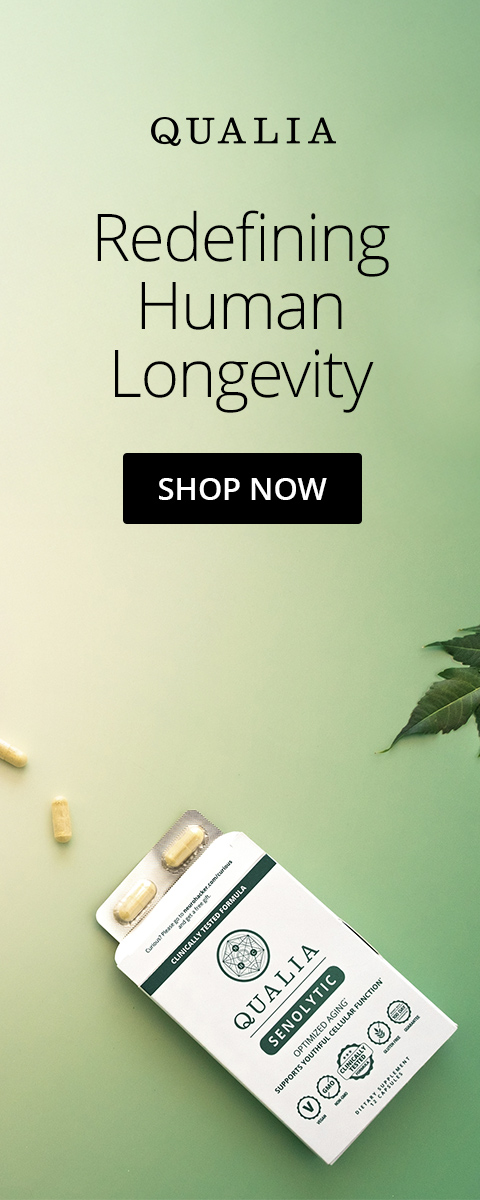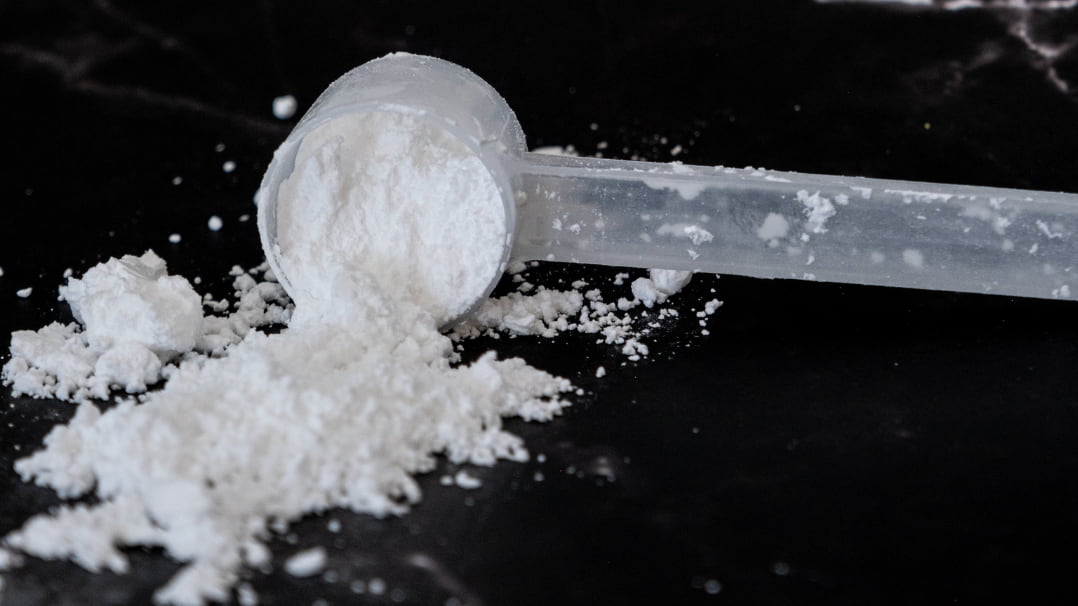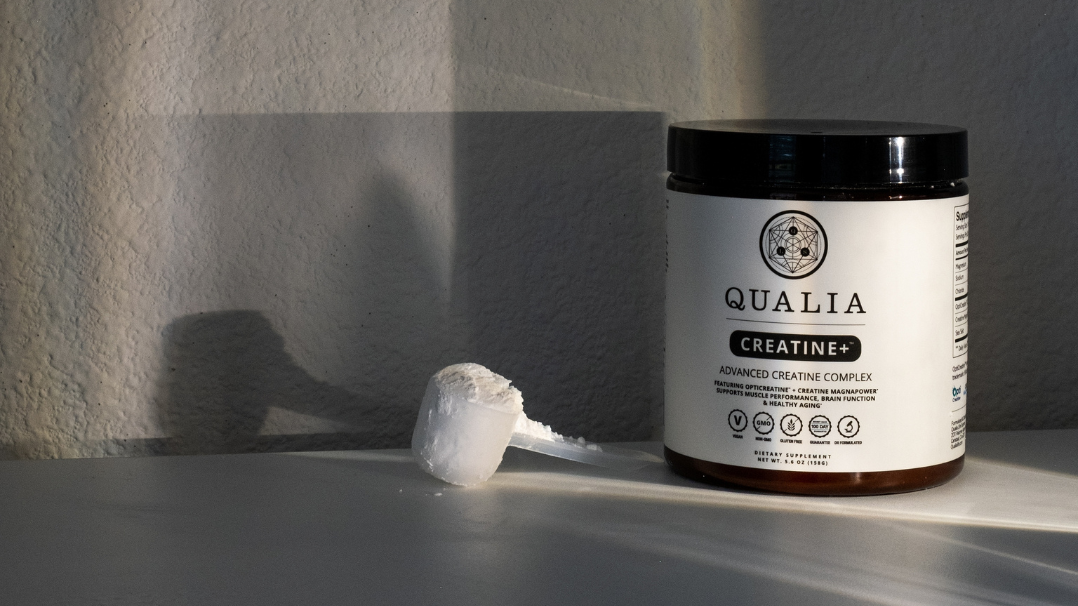If your love for coffee runs deep you will love this 2022 prospective study by a group of researchers from Australia that evaluated the association between habitual coffee consumption and cardiovascular health and longevity. Here’s a sneak peek at what the study revealed.
Key Takeaways
Coffee consumption, both caffeinated and decaffeinated, was associated with cardiovascular health maintenance and longevity
Consuming 2-3 cups/day of caffeinated or decaffeinated coffee was the most beneficial for cardiovascular health maintenance and longevity
Coffee polyphenols may be responsible for the cardiovascular health and longevity-promoting effects of coffee
The Impact of Coffee On Heart Health and Longevity
Coffee consumption is an ubiquitous habit throughout most of the world and caffeine, its main bioactive compound, is the most widely consumed psychostimulant in the world. A few decades ago, coffee consumption was discouraged for individuals with poor cardiovascular health, but recent observational studies have challenged this view and indicated that coffee may not only be harmless but actually have beneficial actions for cardiovascular health.
In fact, the latest guidelines of the European Society of Cardiology, published in 2021, have deemed coffee consumption at 3–4 cups/day moderately beneficial for cardiovascular health (the most recent American College of Cardiology and American Heart Association guidelines, published in 2019, have not yet made such recommendation).
Aiming to better understand the association between coffee consumption and cardiovascular health, particularly the role of caffeine, a 2022 study published in the European Journal of Preventive Cardiology investigated the associations between habitual coffee intake and major cardiovascular outcomes and longevity, more specifically the impact of the type of coffee consumed—caffeinated vs decaffeinated.
The study took place between 2006 and 2021 using the UK Biobank, a large-scale biomedical database, and included close to 450,000 participants in the final cohort, of which around 100,000 were non-coffee drinkers who served as controls. The study recruited UK participants aged between 40 and 69 years with no indication at the time of enrollment of poor cardiovascular health. Participants were followed for an average of 12.5 years to assess the association between coffee consumption and the development of a cardiovascular outcome or mortality.
Participants reported how many cups of coffee they drank each day and what type of coffee they usually drank, including instant coffee, ground coffee (caffeinated), and decaffeinated coffee. Participants were grouped into six daily intake categories, consisting of 0, <1, 1, 2–3, 4–5, and >5 cups/day. The association between coffee intake and the incidence of cardiovascular outcomes and mortality were evaluated.
Results showed that all types of coffee were associated with a reduction in cardiovascular episodes vs. non-drinkers, with the lowest risk observed at 2–3 cups/day for decaffeinated, ground, and instant coffee. All types of coffee also reduced all-cause mortality, with the greatest benefit seen with 2–3 cups/day.
Drinking two to three cups of coffee a day was linked with a healthier heart and increased longevity compared with avoiding coffee.
Given that both caffeinated and decaffeinated coffee supported cardiovascular health and longevity, these results suggested that the cardiovascular benefits of coffee are not dependent on caffeine.
Caffeine has several actions that may benefit cardiovascular health, but the fact is that coffee is much more than just caffeine. Coffee contains several polyphenols with health-promoting properties, such as chlorogenic acid, caffeic acid, and ferulic acid, which have been shown to support antioxidant defenses, healthy metabolism, and healthy brain function. Clinical studies have also shown an association between coffee consumption, both caffeinated or decaffeinated, and metabolic health, compared with non-drinkers.
These metabolic benefits, along with the cardiovascular benefits described in this study, can contribute to several aspects of health. For example, healthy blood flow and metabolism are essential for maintaining healthy brain function and cognition. These are all important aspects of health that likely underlie the benefits of coffee on longevity observed in this study.
A previous study from the US, the NIH–AARP Diet and Health Study published in the New England Journal of Medicine in 2012 that followed over 400,000 US citizens aged 50 to 71 years of age over 14 years, had also shown an association between coffee consumption, both caffeinated and decaffeinated, and reduced mortality, with the greatest benefit being observed at at 4–5 cups/day.
These studies suggest that coffee polyphenols are most likely responsible for the cardiometabolic and longevity benefits of coffee. Overall, this study indicates that drinking 2–3 cups/day of coffee, with or without caffeine, may have beneficial effects on cardiovascular health and longevity.
Referenced study:
Chieng D, et al. The impact of coffee subtypes on incident cardiovascular disease, arrhythmias, and mortality: long-term outcomes from the UK Biobank. Eur J Prev Cardiol 2022, 29(17):2240-2249. doi: 10.1093/eurjpc/zwac189.








No Comments Yet
Sign in or Register to Comment